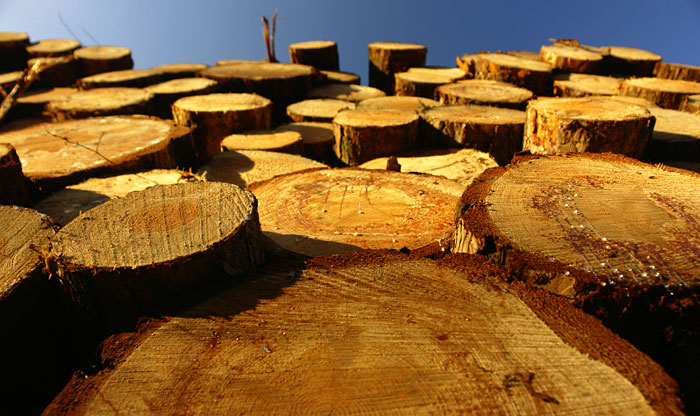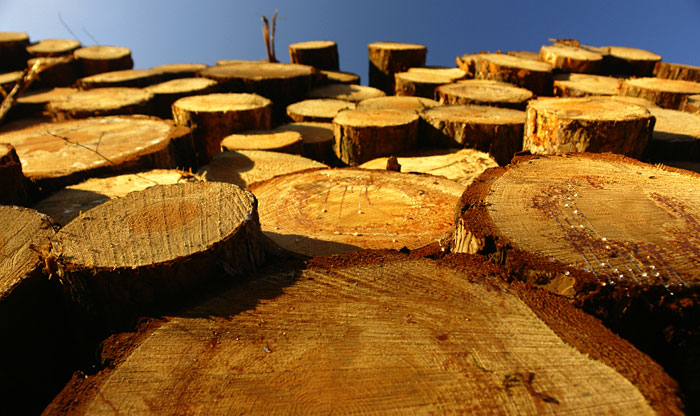Hey Umbra,
I’m from Quebec and there is a movement underway to prohibit the new installation of wood burning fireplaces. I’m curious about how much carbon is produced by burning a cord of wood in a fireplace, compared to a tank of gasoline burned by an automobile.
Ron F.
Montreal, Quebec
Dearest Ron,
Greetings from the less-frozen south, where I can now see actual expanses of dead grass. I read a little about the wood stove/fireplace ban you mention. Quebec’s gripe with wood heat seems to be the resultant particulate matter, not carbon emissions. But maybe you know that already, and are just looking to round out your wood information.
I’ll say more about particulate matter in a moment, but since I strive to answer my readers’ burning questions in full, let’s talk carbon. As we all well know, a cord of wood is a pile four feet high, four feet deep, and eight feet long. Said pile weighs between two and three tons depending on the type of wood, its dryness, and its shape. One emissions factor for wood is 3,812 pounds of CO2 per short ton. A gallon of gasoline, burned, emits about 19.4 pounds of CO2. A more sensible way to compare the two fuels is via their BTU: wood and wood waste produce 195 pounds of CO2 per million BTU, while motor gasoline produces 156 pounds for the same BTU.
So strictly by the numbers, wood burning would appear worse — but wood burning is not directly comparable to gas burning, and not only because the units and purposes are different. Wood, after all, comes from trees, which are important players in the sequestration of carbon. Wood heat is considered carbon neutral, or less carbon-intensive, by some because trees cut down for fuel are typically replaced by new trees, which absorb carbon as they mature. They sort of cancel each other out, is the idea.
As to the wood stove ban, apparently Montreal and various other Quebec localities have been having terrible winter smog, and a substantial part of the problem is attributed to wood burning appliances. The particulate matter hangs around in the still air and is quite noxious. Burned wood also releases pollutants — some of which, such as carbon monoxide, dioxin, furans, and polycyclic aromatic hydrocarbons, are particularly bad for those who live nearby.
Though wood heat can be a good choice from an overall climate perspective, if it’s poisoning you and your neighbors, I think you should support stove regulations.
Logically,
Umbra



